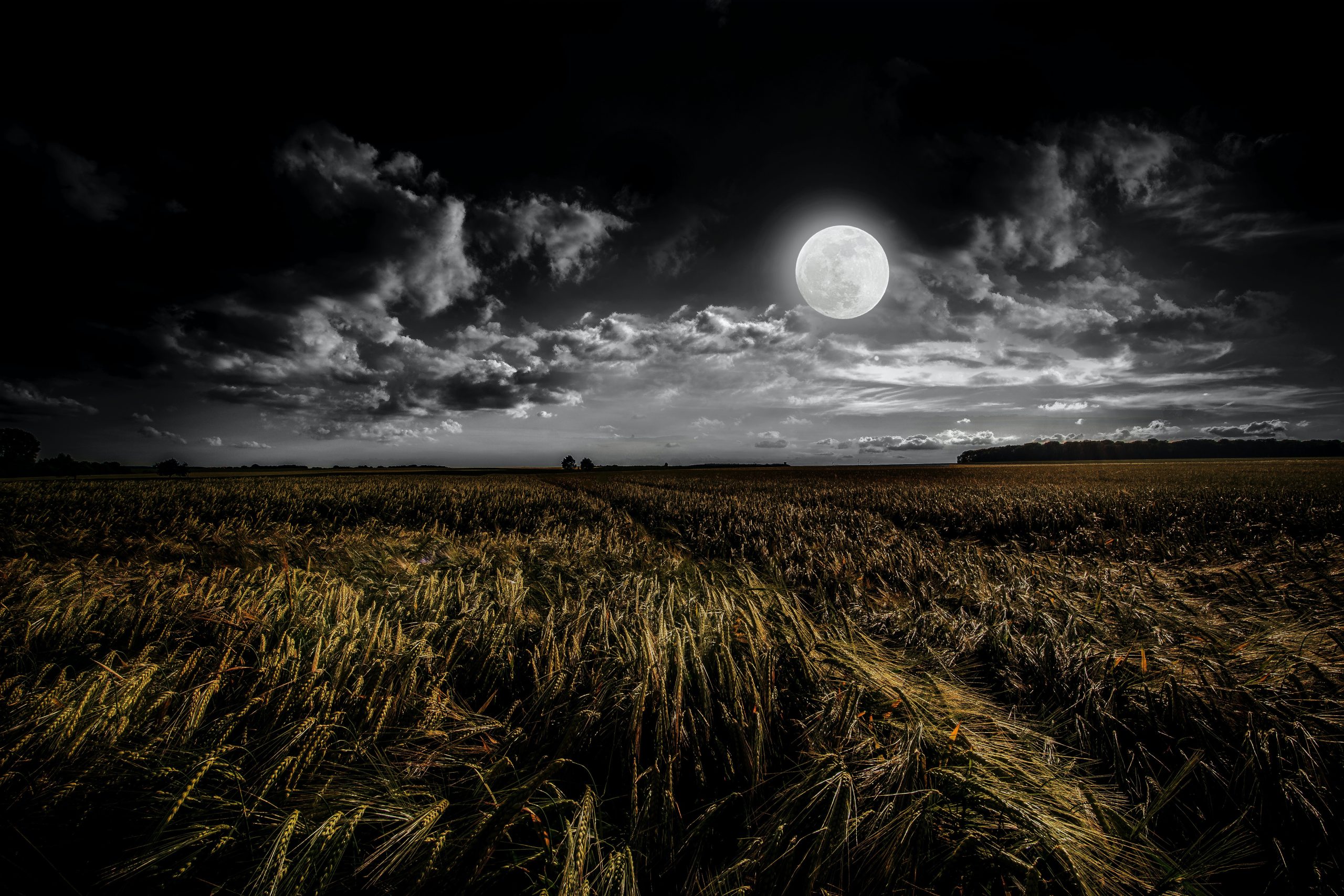What is a Religious Experience?
Religion has been an integral part of human society for centuries, serving as a source of comfort, guidance, and understanding of the mysteries of existence. One of the central aspects of religious practice is the idea of a religious experience. But what exactly do we mean when we talk about a religious experience? In this blog post, we will explore the concept of religious experiences, their different forms and interpretations, and their significance in the realm of spirituality.
The Definition of a Religious Experience
A religious experience can be broadly defined as a subjective encounter or interaction with the divine, transcendent, or supernatural. It is a deeply personal and often profound event that is believed to bring the individual into direct contact with a higher power or ultimate reality. Religious experiences can take various forms, ranging from visions and dreams to moments of intense emotional connection or a sense of unity with the universe.
Types of Religious Experiences
Religious experiences can be categorized into different types, each with its unique characteristics and manifestations. Here are some of the most common types:
Mystical Experience
Mystical experiences are characterized by a sense of unity, oneness, and ineffability. Those who undergo these experiences often report a temporary dissolution of boundaries between the self and the divine or a profound connection with the universe. Mystical experiences frequently involve a deep sense of awe, timelessness, and a loss of the individual ego. Examples of mystics who have had such experiences include the poet Rumi and the Christian mystic St. Teresa of Avila.
Conversion Experience
A conversion experience is often associated with religious and spiritual transformations. It involves a profound change in belief, worldview, or religious affiliation. Conversion experiences can be sudden and dramatic or gradual and subtle, but they typically involve a shift in perception or understanding that leads to a new way of life.
Visionary Experience
Visionary experiences are characterized by the perception of vivid imagery or supernatural phenomena. These experiences often involve seeing and communicating with beings from other realms, receiving prophetic messages, or witnessing divine visions. Throughout history, visionary experiences have played a significant role in shaping religious and spiritual beliefs.
Ecstatic Experience
Ecstatic experiences are marked by intense emotional states and heightened consciousness. They can involve extreme joy, ecstasy, or feelings of elation, often accompanied by physical sensations such as trembling, sweating, or even fainting. In some religious traditions, ecstatic experiences are sought through practices such as meditation, chanting, or dancing.
Interpretations of Religious Experiences
The interpretation of religious experiences varies across different religious and philosophical traditions. Here are a few commonly held interpretations:
Divine Encounter
Many individuals from various religious backgrounds view religious experiences as direct encounters with a higher power or divine being. In these cases, the experience is regarded as a personal revelation or communication from the divine, providing profound insights and guidance.
Spiritual Awakening
For others, religious experiences may be seen as catalysts for spiritual awakening or enlightenment. This interpretation suggests that such experiences can lead to a deeper understanding of oneself, reality, and the broader spiritual dimensions of existence.
Psychological Explanation
From a psychological perspective, religious experiences are often approached as phenomena that arise from the human mind and consciousness. Psychological explanations may involve concepts such as altered states of consciousness, subconscious desires, or the human need for meaning and purpose.
Social and Cultural Influences
Religious experiences can also be shaped by social and cultural factors. The religious upbringing, beliefs, and practices of an individual can significantly influence the nature and interpretation of their religious experiences. Cultural context, including societal norms and values, can also shape the understanding of religious phenomena.
The Significance of Religious Experiences
Religious experiences hold profound significance for individuals and communities. Here are a few reasons why they are considered important:
Personal Transformation
Religious experiences are often seen as transformative moments that can impact an individual’s beliefs, values, and behavior. They can lead to personal growth, moral development, and a deepened commitment to religious or spiritual practices.
Validation of Beliefs
For individuals who already hold religious beliefs, religious experiences can serve as powerful validations of their faith. These experiences can affirm and strengthen existing religious convictions, providing reassurance and reinforcing religious practices.
Community Integration
Religious experiences often contribute to a sense of community integration and cohesion. Shared religious experiences can help foster a collective identity, strengthen social bonds, and form the foundation for communal rituals and practices.
Exploration of Ultimate Reality
Religious experiences offer individuals a glimpse into the realm of ultimate reality, providing experiential insights into the nature of existence, the divine, and the relationship between humanity and the transcendent. They allow for a deeper exploration of philosophical and existential questions.
Conclusion
Religious experiences are deeply personal encounters with the divine, transcendent, or supernatural. They come in various forms and hold different meanings for individuals and communities. Whether viewed as encounters with a higher power, transformative moments, or psychological phenomena, religious experiences contribute to the rich tapestry of human spirituality and shape religious beliefs and practices. Exploring the nature and significance of religious experiences can deepen our understanding of the complex and diverse nature of human spirituality and the quest for meaning in life.
Table of Contents
